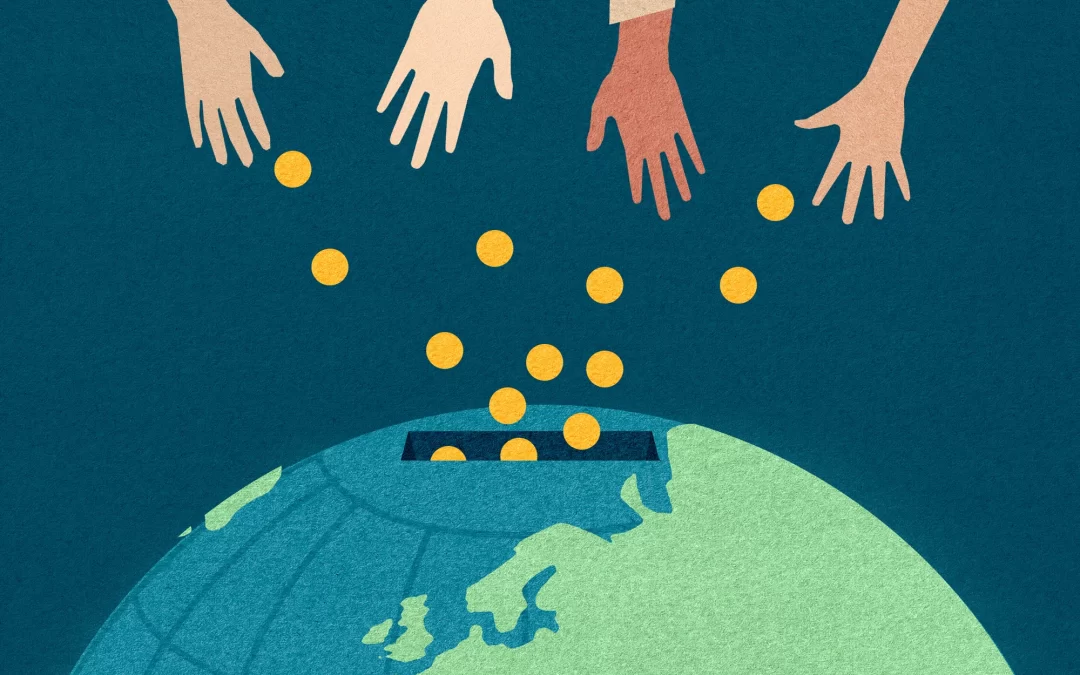The world’s food supply is teetering on the brink of a crisis, and the urgency to address climate change has never been more pressing. A recent warning from a United Nations expert paints a dire picture of the potential impacts of global heating on our ability to feed a growing global population. In this article, we delve into the sobering realities outlined by the UN expert and explore the imperative of taking immediate action to secure our food systems and protect our future.
The Dire Warnings
The warning comes as a clarion call from a UN expert who has meticulously studied the intricate interplay between climate change and food security. The predictions are stark: if global temperatures rise by even 1.5 degrees Celsius, the consequences for our food supply could be catastrophic. More frequent and severe weather events, prolonged droughts, erratic rainfall patterns, and the spread of pests and diseases pose existential threats to agriculture across the globe.
A Fragile Balance
Our current food systems are built upon a fragile balance of variables – temperature, precipitation, and soil quality – that have allowed humanity to cultivate crops and raise livestock for millennia. However, as climate change intensifies, this delicate equilibrium is unraveling. From the heartlands of the Midwest to the rice paddies of Asia, no region is immune to the impacts of shifting weather patterns that disrupt planting and harvesting cycles, leading to lower crop yields and dwindling food supplies.
The Threat to Vulnerable Communities
The impacts of a faltering food supply are not distributed equitably. Vulnerable communities, often those least responsible for the emissions driving climate change, bear the brunt of its consequences. Already marginalized populations are pushed further into the realm of food insecurity, with repercussions that extend beyond hunger to economic instability and social unrest.
A Race Against Time
As the clock ticks towards the 1.5°C threshold, there is a palpable sense of urgency. The warning is clear: the global food supply faces an existential crisis unless decisive action is taken. This extends beyond individual efforts to reduce carbon footprints – it requires systemic change on a global scale. Transitioning to sustainable agriculture practices, investing in climate-resilient crops, and promoting conservation efforts to safeguard ecosystems that support our food systems are vital steps on this journey.
The Imperative of Immediate Action
The time for complacency has passed. Addressing climate change is no longer a choice but an imperative if we are to secure our global food supply. The dire warnings from the UN expert underscore the urgency of international collaboration to mitigate the impacts of global heating. Governments, businesses, and individuals must rally behind sustainable policies, innovation, and resilience-building measures to ensure that our food systems remain viable in the face of mounting challenges.
Conclusion
The UN expert’s sobering assessment of the potential impacts of climate change on the global food supply serves as a wake-up call that cannot be ignored. As the 1.5°C threshold looms closer, the urgency to take action to protect our food systems has never been greater. The fate of our planet’s food security rests in our collective hands, and the time to act is now. By embracing sustainable practices, fostering resilience, and committing to international cooperation, we can still alter the trajectory and ensure a nourished and thriving future for generations to come.








